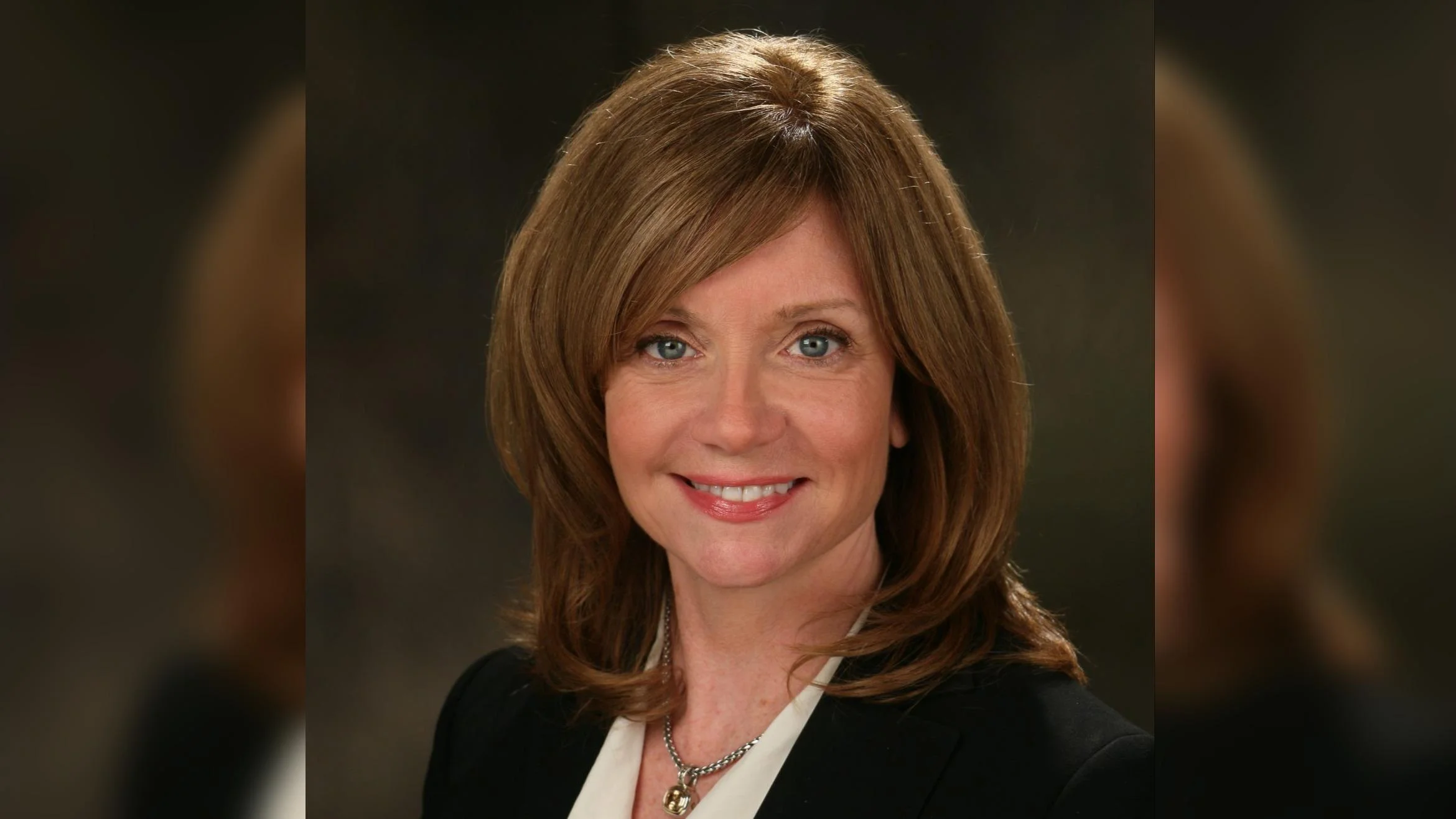
As New Jersey enters its budget season, the state faces a challenging financial landscape with over $1 billion in proposed tax increases, program cuts, additional spending, and an anticipated structural deficit and surplus draw. The concerns are amplified as many in Trenton anticipate an even tougher scenario next year with a new administration.
The pressing question remains whether New Jersey officials or a new governor will implement reforms targeting public employee pension and health benefits. According to NJBIA Chief Government Affairs Officer Christopher Emigholz, "One does have to wonder how much more foreboding our situation needs to become before there’s a concerted effort to try meaningful reforms so we’re not starting off every year committing so much of our revenues to these ballooning costs."
Public discussions around pension and health benefit reforms have been ongoing for years. The issue resurfaced during a FY26 budget hearing where State Treasurer Elizabeth Muoio noted a projected rise in health insurance premiums for public employees by more than 20%.
Republican budget officer Sen. Declan O’Scanlon expressed concern, stating that the program seems to be in a "death spiral" and questioned the lack of corrective action. O’Scanlon emphasized that past reforms originated from the governor’s office, stating, "During the Christie years, all of the reforms came from the governor’s office." Speaking to NJ101.5 Morning Host Eric Scott, he highlighted that Republican proposals for reform over the past seven years were ignored by the current administration.
In 2020, Governor Phil Murphy approved legislation establishing a new state health benefits plan for teachers, providing about $700 million in property tax relief annually. This move was part of Steve Sweeney’s "Path to Progress" reforms aimed at reducing government spending.
Emigholz acknowledged this step but emphasized the need for more reforms. He suggested transitioning state and local government employees to gold-level health plans akin to those available in the private sector as a significant reform measure.
As for pensions, Murphy's proposal for a fifth consecutive full pension payment of $7.2 billion as part of the FY26 budget was noted, though Emigholz pointed out, "But while there has been a reduction of our pension liability, we’re still not confronting the root problem of state pensions – that they’re no longer sustainable."
The NJBIA and Path to Progress report have previously recommended hybrid pension plans or shifting future state workers to robust 401k plans. "It’s a conversation that needs to be had, now more than ever," emphasized Emigholz, noting the significant budgetary commitment to pensions without accompanying reforms.